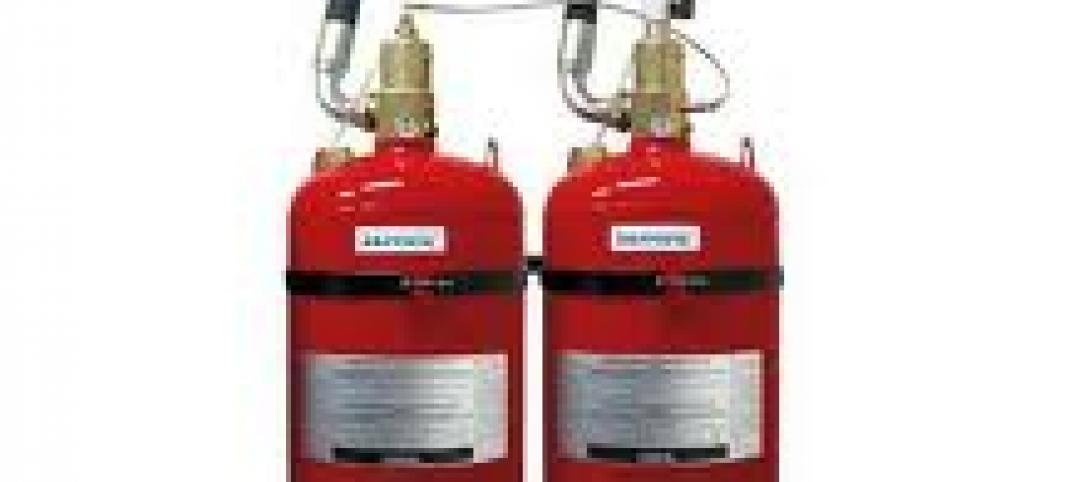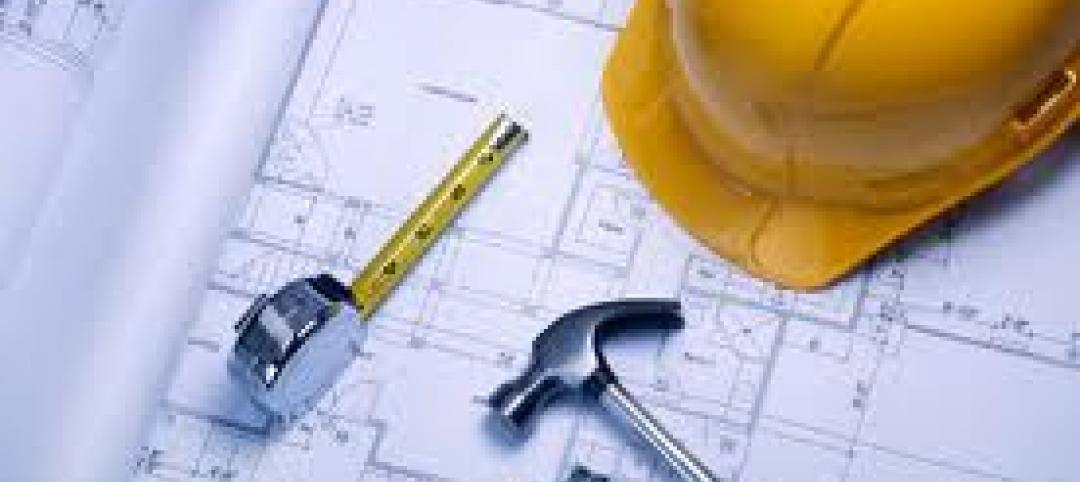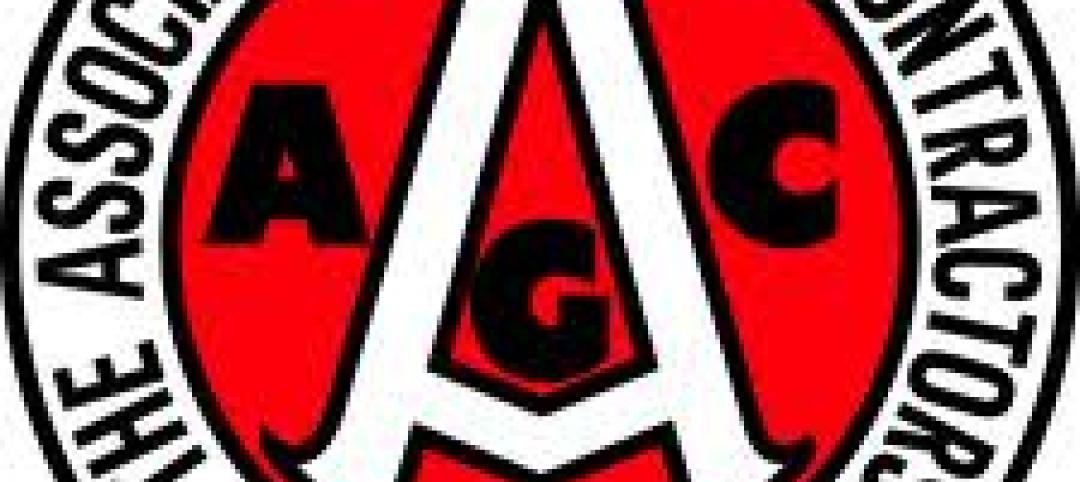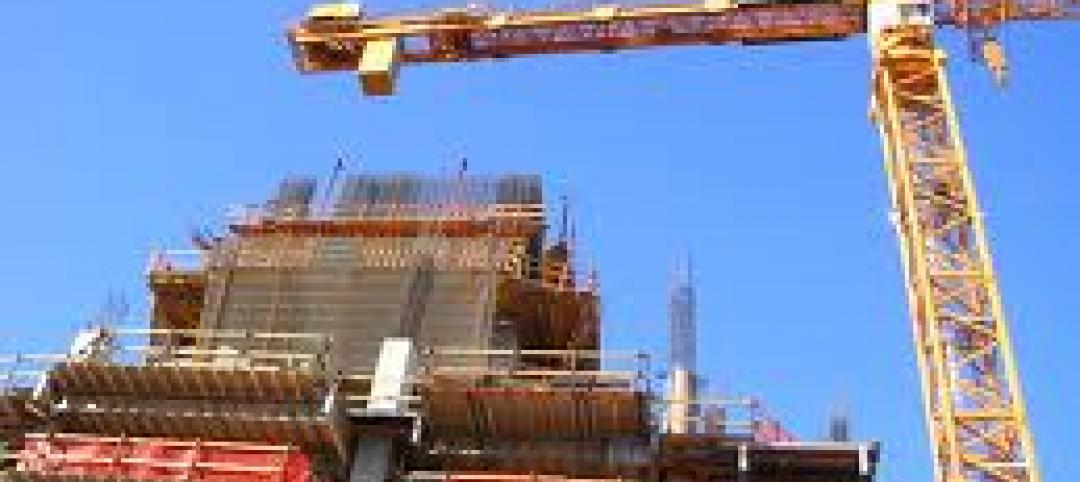Widespread power outages in Texas during a severe cold blast have caused some to question whether banning fossil fuels from new buildings makes sense.
Most homes with gas space heating went cold because most gas-powered heating systems require electricity to operate. But, after the lights went out, gas stoves allowed residents to boil water and cook food while electric appliances were useless.
The reductions in carbon emissions resulting from all-electric buildings supplied by clean power sources are still compelling, and there are ways to make the grid and individual buildings more resilient to power outages. For instance, attaching a small battery backup to a gas heating system enables it to run when the grid fails.
Solar panels with battery storage could also keep both electric stoves and electric heating systems running during grid outages. Batteries in electric vehicles could someday be tapped as a source of backup energy.
There are strategies that can make the grid more resilient, as well. Texas could winterize its electrical system, for starters. Also, microgrids at the building-level or community-level can generate and store their own electricity, relieving pressure on the grid, and may be able to continue providing power during regional outages.
Related Stories
| May 10, 2012
Chapter 6 Energy Codes + Reconstructed Buildings: 2012 and Beyond
Our experts analyze the next generation of energy and green building codes and how they impact reconstruction.
| May 10, 2012
Resilience should be considered a sustainability factor
Since a sustainable building is one you don't have to rebuild, some building sustainability experts believe adding points for "resilience" to storms and earthquakes to the LEED sustainability rating tool makes sense.
| May 10, 2012
University of Michigan research project pushes envelope on green design
A research project underway at the University of Michigan will test the potential of intelligent building envelopes that are capable of monitoring weather, daylight, and occupant use to manage heating, cooling, and lighting.
| May 10, 2012
Fire suppression agents go greener
Environmental sensitivity is helping to drive adoption of new fire suppression agents.
| May 10, 2012
Industry groups urge Congress to leave contracting decisions to agencies
An organization of several industry groups urged Congress to leave many contracting decisions to the discretion of individual agencies by avoiding blanket mandates.
| May 10, 2012
OSHA proposes new rule to have employers find and fix hazards
The Occupational Safety and Health Administration has proposed a new regulation, Injury and Illness Prevention Program, or I2P2, which would compel employers to find and fix safety hazards.
| May 3, 2012
Stay current on green codes at AGC Environmental Conference
Keep abreast of market trends such as 2012 changes to green standards and codes at the AGC Contractors Environmental Conference, June 7-8, 2012 in Arlington, Va.
| May 3, 2012
OSHA reduces fines in Cincinnati casino collapse
The Occupational Safety and Health Administration has reduced the number of violations from four to two against four firms it cited earlier this month in the collapse of a casino under construction in Cincinnati.
| May 3, 2012
New York City implements controversial crane licensing requirements
New York City officials announced strict new licensing and testing requirements for all crane operators in New York City to raise safety standards.
















